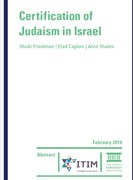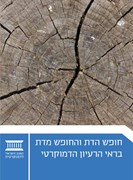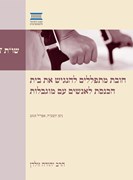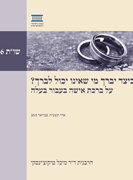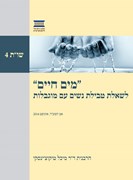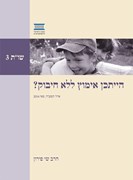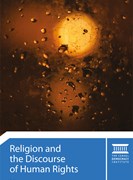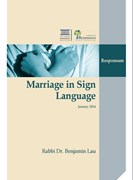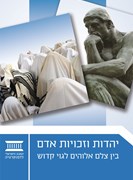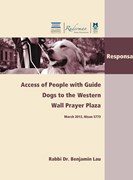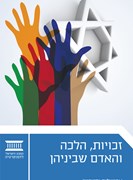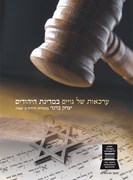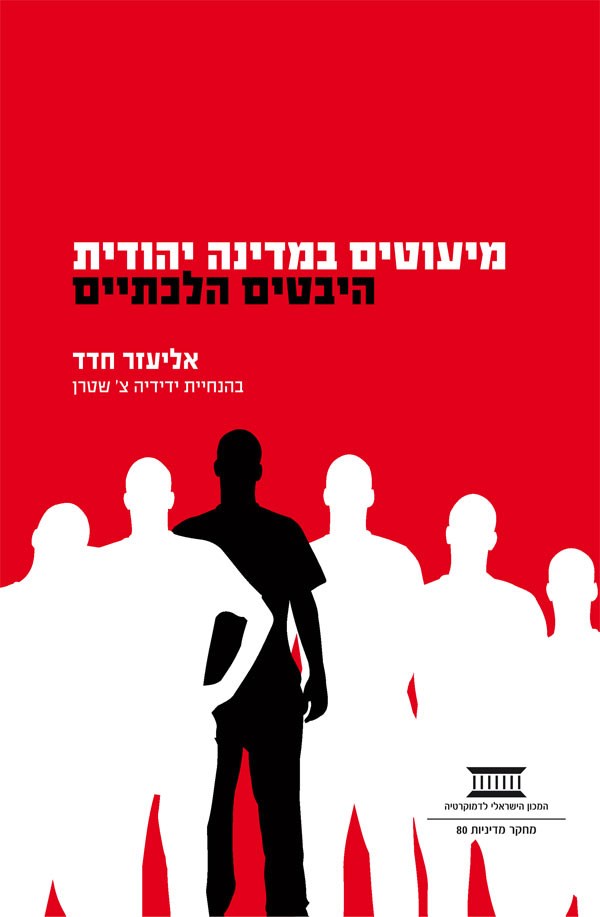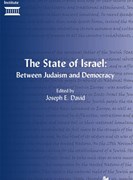

Publications Regarding human rights and Judaism
Articles

Even Against Terrorists – The Rule of Law Prevails
Written By: Prof. Suzie Navot, Adv. Sapir Paz
The rule of law is a fundamental democratic principle, meaning that all governing bodies are subject to and must comply with the law. Despite the complexities inherent in ongoing war, this is true also of the IDF, and only decisive action against breaches of conduct may protect the rule of law in Israel and Jewish morality.
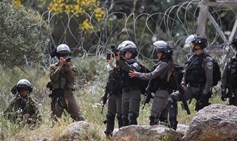
Study Reveals: Proportionality in War Still a Riddle
Written By: Prof. Amichai Cohen, Prof. Raanan Sultizeanu-Kenan, Prof. Daniel Statman, By: Arieh O'Sullivan
Israeli military officers are less tolerant of higher civilian casualties than their American counterparts.

Human Rights in an Age of Populism
Written By: Prof. Yuval Shany
The story of liberal democracies in the late 20th and early 21st centuries has been, to a large extent, the story of protecting personal liberties by independent democratic institutions.

Cybersecurity and Human Rights
Written By: Dr. Tehilla Shwartz Altshuler
We would not be global leaders in cyber and technology without simultaneously protecting fundamental human rights.
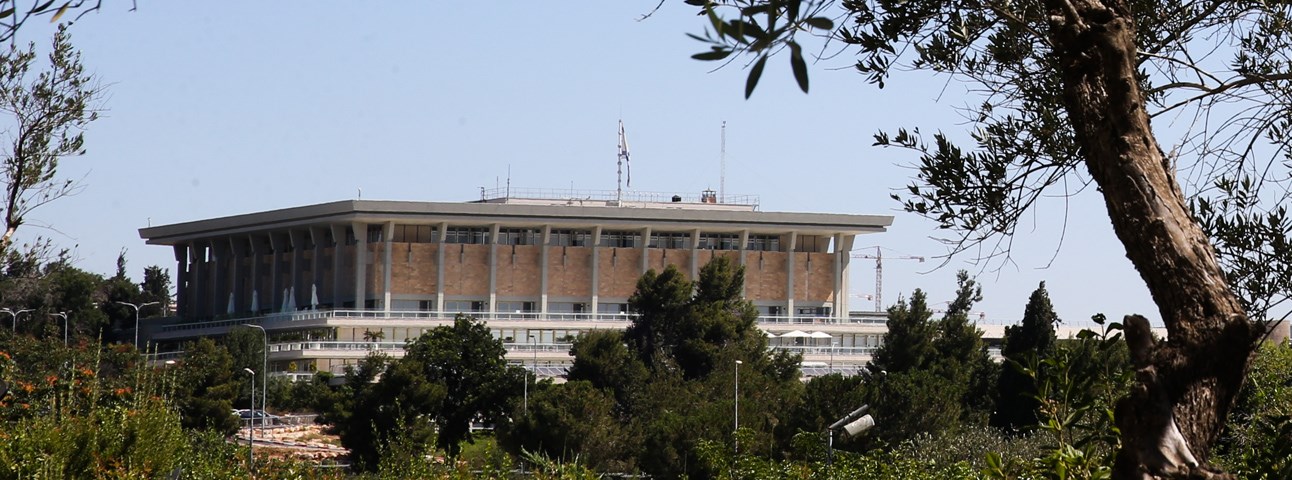
Israeli Democracy at 70
Written By: Adv. Alona Vinograd
Israel at 70 is still a thriving democracy, but current concerns are justified, says Alona Vinograd in an interview to Fathom.

Israel-Diaspora Rift Isn’t As Bad As You Think
Written By: Dr. Shuki Friedman
The rift between the Israeli Jewish community (as opposed to the Israeli government) and the U.S. Jewish community is not as deep as it is portrayed in the media.
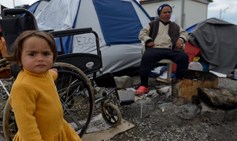
The Majority of Israelis Favor Providing Syrian Victims of War with Humanitarian Aid
Written By: Prof. Tamar Hermann, Prof. Ephraim Yaar
On the northern front: the majority of Israelis favor providing Syrian victims of war with medical aid and food. On the southern front: the majority of Israelis support a military operation if Hamas violates the ceasefire.
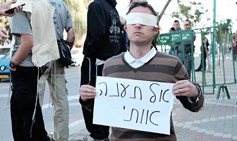
‘Special Interrogations,’ Confessions and the Duma Arson Attack
Written By: Prof. Yuval Shany, Prof. Mordechai Kremnitzer
The Lod district court decision illustrates the possible dangers to criminal defendant’s human rights though the expanding defense of necessity and the lack of separation between the preventive and criminal phases of the investigation.
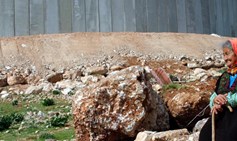
In Israeli Residency Case, Individual Responsibility vs. Collective Punishment
Written By: Colonel (Res.) Dr. Liron A. Libman
While collective harm may be justified in some circumstances, collective punishment should never be allowed: one person’s rights should not be taken hostage to influence the behavior of others.

Jews Worldwide Must Resist The Power Grab Of Israel’s Chief Rabbinate
Written By: Dr. Shuki Friedman
Step by step, the Chief Rabbinate is turning itself into the central source of halakhic legitimacy not just within Israel’s borders but beyond them, and becoming a global force through securing its power all over the Jewish world.
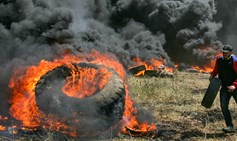
Analysis of Israel’s Supreme Court Decision Allowing Lethal Force in Gaza
Written By: Prof. Amichai Cohen
The case of Yesh Din vs. The Chief of the General Staff HCJ 3003/18
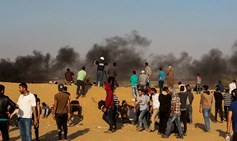
Supreme Court Dismisses a Petition Against Gaza Rules of Engagement
Written By: Prof. Yuval Shany, Elena Chachko
The Supreme Court of Israel recently dismissed a petition against the rules of engagement governing use of force by the Israeli security forces in the violent clashes in Gaza

Is Israel Justified In Shooting Protestors At Its Border?
Written By: Prof. Yuval Shany
Beyond the important political, humanitarian and moral issues raised by the “Great Return March” and the IDF’s response, complicated legal issues also present themselves.
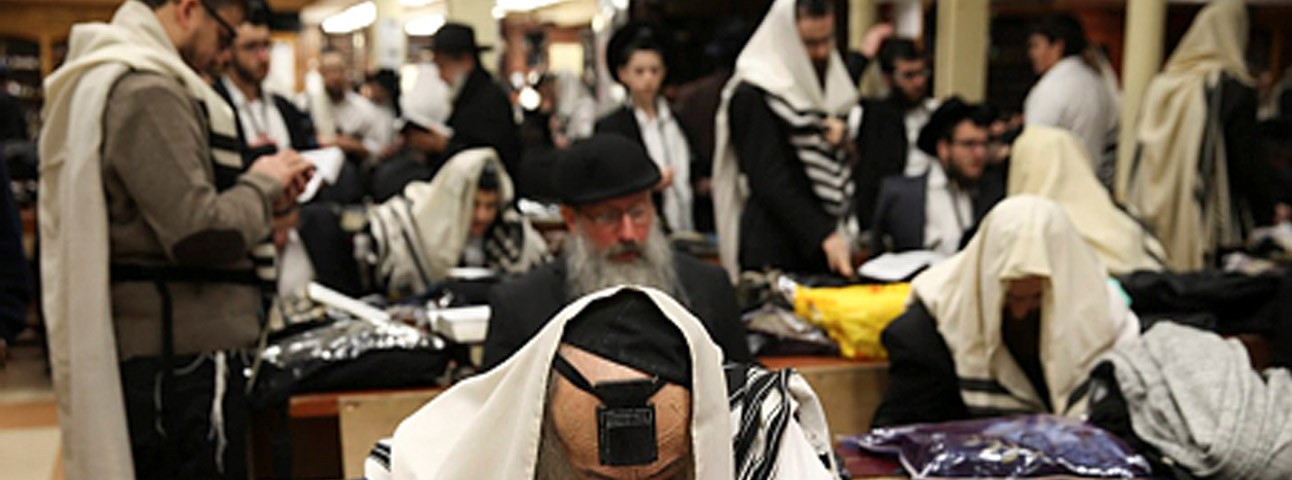
The Orthodox Are No Longer Repairing the World
Written By: Dr. Shuki Friedman
Rabbis outside the Reform and Conservative movements rarely deal with Jewish-values issues such as the asylum seekers and treatment of the Palestinians
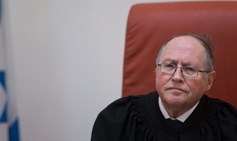
Back to the ‘Ticking Bomb’ Doctrine
Written By: Prof. Yuval Shany
The Israeli High Court of Justice’s Dec. 12 decision in Abu Ghosh v. Attorney-General provides a good opportunity to reexamine the implementation of the prohibition against torture in Israeli law almost twenty years after the court’s landmark 1999 judgment in Public Committee Against Torture in Israel, which outlawed torture.
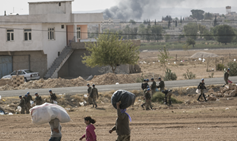
IDI Ahead of Deliberations on Removing Tax Benefits from Human Rights Organizations:
‘The bill will harm nonprofit organizations that lend a helping hand to humanitarian purposes like assisting Syrian children’

One Year Since the Passing of Rav Aharon Lichtenstein
Today marks the anniversary of the death of Rav Lichtenstein, a noted Orthodox rabbi, rosh yeshiva and authority in Jewish law. Rav Lichtenstein received the Israel Prize for Jewish Religious Literature for 2014.
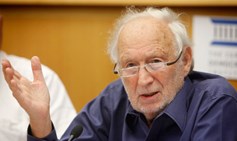
The Passing of Supreme Court Deputy President Mishael Cheshin: A Loss to the People and State of Israel
Written By: Prof. Yedidia Z. Stern
IDI Vice President Prof. Mordechai Kremnitzer remembers Israeli Supreme Court Deputy President Mishael Cheshin, a luminary of the Israeli judicial system and warrior against governmental corruption, who regularly spent time at IDI and whose clear voice on legal issues will be sorely missed.

When November 4th Meets the 12th of Heshvan
Written By: Yitzhak Ben David
Rabbi Yitzhak Ben David shares thoughts on the alignment of the Memorial Day for Yitzhak Rabin on the Gregorian and Hebrew calendars, which challenges us to find a renewed reconciliation between Israeli democracy and Jewish civilization.
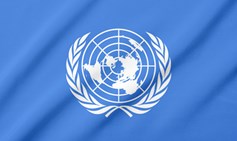
A Betrayal of International Law
Written By: Prof. Mordechai Kremnitzer
In a Jerusalem Post op-ed, Prof. Mordechai Kremnitzer argues that by breaching their responsibility to be impartial, the UN Human Rights Council and its commission for investigating alleged war crimes in Gaza are betraying international law, even if unintentionally.
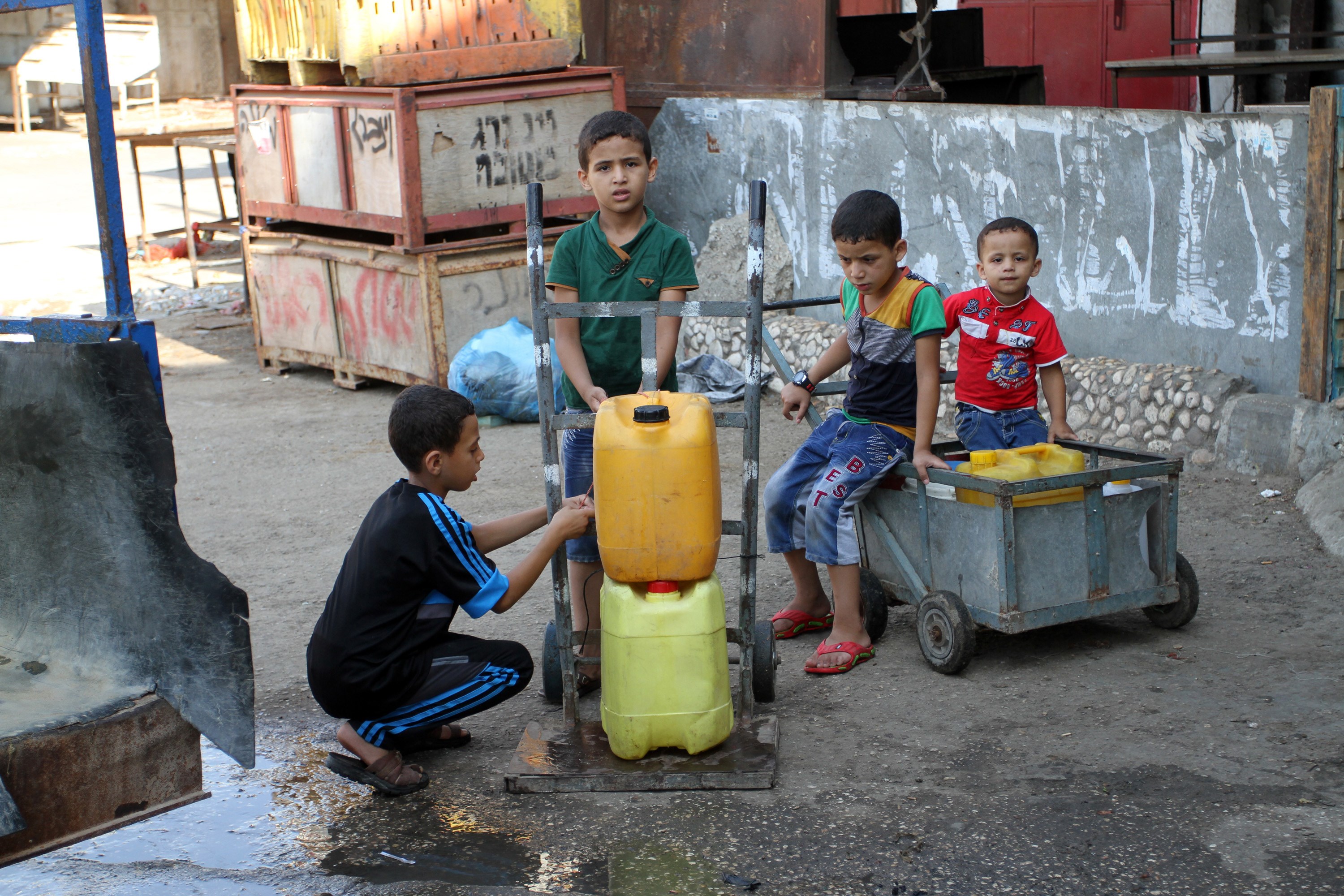
The Admissions Committees Ruling: A Lack of Ripeness or Refusal to Decide?
Written By: Dr. Amir Fuchs
Dr. Amir Fuchs discusses the Israeli High Court of Justice's decision to uphold the "Admissions Committees Law," which allows small communities to reject applicants due to a lack of social suitability.

Shmita: Rest, Share, Release
Written By: Prof. Yedidia Z. Stern
An exploration of the existential, social, and economic dimensions of the Shmita year, that calls for bringing together social, moral, cultural, religious and national forces to implement the idea of Shmita in non-agricultural and national contexts in Israel.

Mourning for Gazan Children Isn't Left-Wing
Written By: Prof. Mordechai Kremnitzer
IDI Vice President Prof. Mordechai Kremnitzer discusses the High Court of Justice's decision to uphold the Israel Broadcasting Authority's rejection of an infomercial in which the names of Gazan children who were killed in Operation Protective Edge would have been read aloud.
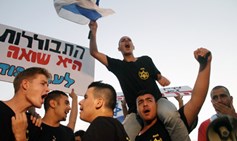
On Intermarriage, Judaism, and Democracy in Israel
Written By: Benjamin (Benny) Lau
Rabbi Dr. Benjamin Lau shares thoughts on the tension between Judaism and democracy, in response to the public protests against the marriage of a Jewish woman who converted to Islam and an Israeli Arab.

Investigating Allegations of Violations of the Laws of War by the IDF during Operation Protective Edge: The Alternatives Available to Israel
Written By: Prof. Yuval Shany, Prof. Amichai Cohen
How should suspected violations of the international laws of war be investigated? As Operation Protective Edge winds down, Prof. Yuval Shany and Prof. Amichai Cohen discuss the options of an internal investigation by the IDF, an international investigation, and an Israeli commission of inquiry.

A Red Alert for Israeli Democracy
Written By: Yohanan Plesner
In the midst of Operation Protective Edge, IDI President Yohanan Plesner warns of the dangers of racism, incitement, and stifling of free speech and asserts that it is essential to internalize a substantive democratic culture.
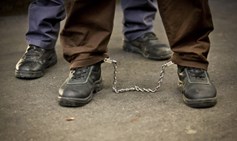
The "Anti-Pardon" Bill: Laws are not a Substitute for a Backbone
Written By: Dr. Amir Fuchs
In an article in <em>The Times of Israel</em>, Attorney Amir Fuchs argues that legislation that would give judges the authority to sentence murderers to life in prison with no possibility of pardon is misguided and will not prevent terrorists from being released in future prisoner exchanges.

A Royal Sanctuary: Three Scenes for Jerusalem Day
Rabbi Dr. Benjamin (Benny) Lau presents three snapshots from different times and places, reflecting on a city that combines ancient and modern, sacred and secular, eternal truths and ordinary life.

My Jerusalem: Thoughts for Jerusalem Day
Written By: Prof. Mordechai Kremnitzer
IDI Vice President Prof. Mordechai Kremnitzer shares thoughts on Jerusalem, which symbolizes what is most beautiful and exalted in Jewish culture: the commitment to law and morality, to justice and mercy.
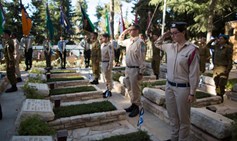
A Jewish State Warrants Our Sacrifice
Written By: Prof. Yedidia Z. Stern
IDI Vice President Prof. Yedidia Stern reflects on the privilege of sacrifice and the necessity to maintain a Jewish Israel in order to justify that sacrifice, in an article written for Remembrance Day for the Fallen of Israel's Wars and Victims of Terrorism.

Celebrating Independence: The Vision of Professor Reuven Feuerstein
Written By: Benjamin (Benny) Lau
As Israel prepares to celebrate its independence, Rabbi Dr. Benjamin Lau and Ms. Shira Ruderman remind us of the need to bring people with disabilities into the circle of those who celebrate independence, drawing on the legacy of the late Prof. Reuven Feuerstein in this call for integration.
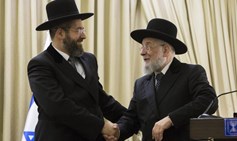
Reinventing the Chief Rabbinate
Written By: Ayelet Libson
In an article in <em>The Jewish Week</em>, Ms. Ayelet Libson of IDI's Human Rights and Judaism project questions the role of the Israeli Chief Rabbinate and offers her view of what it could be.
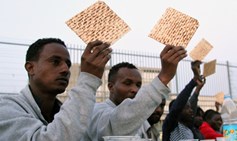
The Lessons of Passover: We are the Other
Written By: Prof. Yedidia Z. Stern
Prof. Yedidia Z. Stern asserts that if we see ourselves as "other" and identify with the stranger, the poor, and people with disabilities, historic redemption of our ancestors from Egypt will be an ongoing redemption for our generation.

On Leadership and Responsibility: The Lessons of the Purim Story
Written By: Shira Ruderman, Benjamin (Benny) Lau
Rabbi Dr. Benny Lau and Shira Ruderman, Israel Director of the Ruderman Family Foundation, share thoughts on the Purim story, leadership, responsibility, and repair of the world.
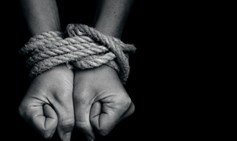
Who is Responsible for Finding a Solution to the Plight of Mesoravot Get?
Written By: Prof. Shahar Lifshitz
Prof. Shahar Lifshitz outlines what halakhic authorities and the Knesset can do in order to resolve the issue of get refusal, as discussed at the Second Agunah Summit.
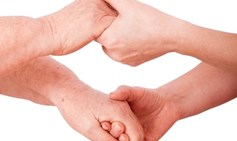
Have No Fear: On the Inclusion of People with Intellectual Disabilities in Society
Written By: Benjamin (Benny) Lau, Shira Ruderman, Admiral (Res.) Amichay (Ami) Ayalon
An op-ed by IDI Senior Fellow Admiral Ami Ayalon, Project Head Rabbi Dr. Benny Lau, and Shira Ruderman of the Ruderman Foundation, stressing the need to dispel the fear of the Other and the Different.

Do You Have to Earn Dignity?
Written By: Prof. Tamar Hermann
Is dignity something that must be earned? Prof. Tamar Hermann, Head of IDI's Guttman Center for Surveys, explores this question, as IDI's Israel Speaks project assembles 200 citizens to begin drafting a Declaration of Human Dignity.

Non-Jews in a Jewish State: Searching for a New Paradigm
Written By: Kalman Neuman
In an article in The Jewish Week, Rabbi Dr. Kalman Neuman of IDI's Religion and State project examines some of the thorny questions of Jewish law when it comes to non-Jews in a Jewish state.

Marriage Equality for the Hearing Impaired
Written By: Benjamin (Benny) Lau
Rabbi Dr. Benjamin (Benny) Lau celebrates a planned change in the Chief Rabbinate's policy regarding the treatment of hearing impaired individuals when it comes to marriage in Israel.

International Disabilities Day 2013: Human Rights and Judaism in Action
Written By: Benjamin (Benny) Lau
In honor of International Day for Persons with Disabilities, Rabbi Dr. Benjamin (Benny) Lau updates us on IDI's efforts on behalf of people with disabilities and reveals that people with guide dogs are now allowed to access the Western Wall.
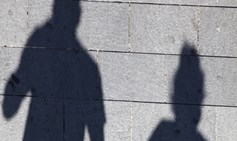
The Fate of a Mamzer
Written By: Gitit Paz
In an article in The Jewish Week, Gitit Paz, a young scholar in IDI's Human Rights and Judaism project, discusses the status of mamzer in Jewish law and in contemporary Israel.
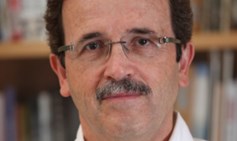
The Binding of the Boy from Damascus
Written By: Prof. Yedidia Z. Stern
How should Jews in Israel feel about the mass slaughter of Arabs by Arabs just a few miles away? IDI Vice President Prof. Yedidia Z. Stern shares thoughts in this article, which was originally published in The Jewish Week.
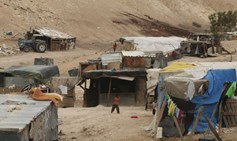
Regulating Bedouin Settlement: A Disengagement Plan for the Negev
Written By: Ronit Levine-Schnur
Ronit Levine-Schnur analyzes the Bill to Regulate Bedouin Settlement in the Negev 5773–2013, warns that it seems to be motivated by an exaggerated fear of a Bedouin takeover of the Negev, and offers an alternative approach.

Blind to the Rights of the Disabled
Written By: Benjamin (Benny) Lau
In an article in The Jewish Week, Rabbi Dr. Benjamin (Benny) Lau calls on religious authorities who hold human rights dear to find a way to allow people with disabilities to have access to the Western Wall plaza.
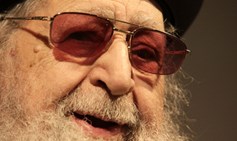
Did You See the Tears of the Oppressed?
Rabbi Dr. Benjamin (Benny) Lau, head of IDI's Human Rights and Judaism in Action project, remembers Rabbi Ovadia Yosef as a courageous halakhic decisor who championed the needs of the oppressed.
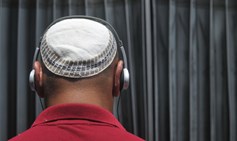
No to the Separation of Religion and State in Israel
Written By: Yair Sheleg
Should the American model of separation of church and state be applied to Israel? In an article in <em>The Jewish Week</em>, IDI's Yair Sheleg argues that Israel needs a unique model.

From Institutions to Community Housing
Rabbi Dr. Benjamin Lau, head of IDI's Human Rights and Judaism in Action project, presents the transition from institutions to homes in the community for people with disabilities as a Jewish imperative.

Life Under Two Suns: When Human Rights and Jewish Values Collide
Written By: Prof. Yedidia Z. Stern, Jay Ruderman
The first in a series of articles by researchers from IDI's Judaism and democracy projects and Human Rights and Judaism project on the complementary but tense relations between Judaism and democratic values.

The Jewish and Democratic State: Zionism is Not Racism
Written By: Dr. Amir Fuchs
In an op-ed in Haaretz, Attorney Amir Fuchs asserts that Israel is both the nation-state of the Jewish people and a democratic state, despite the confused Zionism of Mayor Shimon Gapso of Upper Nazareth.
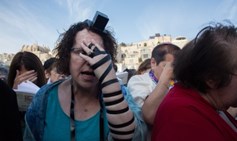
Israeli Public Opinion on the Women of the Wall
Written By: Prof. Tamar Hermann
IDI Senior Fellow Prof. Tamar Hermann, head of IDI's Guttman Center for Surveys, shares findings on the Israeli Jewish public's support of the right of the Women of the Wall to pray while wearing prayer shawls and phylacteries.

Do Not Exempt Religious Schools from Accessibility Requirements
Written By: IDI Website
In response to the preliminary passage of an amendment that would exempt religious educational institutions from complying with accessibility requirement, a group of leading Israeli rabbis appealed to Israel's elected officials and requested their intervention to prevent the exemption from applying to religious schools. Rabbi Shay Piron, who directs IDI's work in this field under the auspices of IDI's Human Rights and Judaism project, coordinated this important effort.
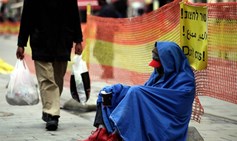
Individual and Communal Responsibility for the Poor in the Jewish and Democratic State
Written By: Prof. Shahar Lifshitz
Why didn't the religious community in Israel participate in the socio-economic protest of the summer of 2011? IDI Senior Fellow Prof. Shahar Lifshitz reflects on this question and discusses the need to develop a pluralistic language that includes both particularistic Jewish values and universal democratic values.

Belief in God is Not the Problem in Israel
Written By: Yair Sheleg
Recently, the findings of the third Guttman-AVI CHAI report—A Portrait of Israeli Jews: Beliefs, Observance, and Values of Israeli Jews—were presented to the public. The findings have drawn much media coverage because they revealed that an overwhelming majority of Israeli Jews believe in God. In an op-ed from <em>Haaretz</em>, IDI Senior researcher Yair Sheleg responds to columnists who were alarmed by the findings regarding belief in God, and argues that what is really of concern is the inverse relationship between this belief and belief in democratic values.

Father Judaism and Mother Democracy
Written By: Yair Sheleg
In an op-ed from Haaretz, IDI research fellow Yair Sheleg responds to settler leader Benny Katzover’s positions on the Jewish and democratic nature of the State of Israel, and argues that Israel should not prefer either of these two identities and should view its Jewish and democratic nature as two manifestations of human dignity.

Robinson Crusoe, Just Distribution, and the Image of God
Written By: Prof. Shahar Lifshitz
On January 5-6, 2011, IDI convened a Conference on People with Disabilities in the Jewish and Democratic State, as part of the activities of IDI's Judaism and Human Rights project. IDI Senior Fellow Prof. Shahar Lifshitz, the project's co-director, shares his thoughts on social justice and the just distribution of resources.

How Israel’s Leadership Betrayed Democracy
Written By: Prof. Amichai Cohen, Dr. Idit Shafran Gittleman
Despite the verdict, the real story in the Azaria affair is the moral, not the legal, issue, and this debate is alive and well.

